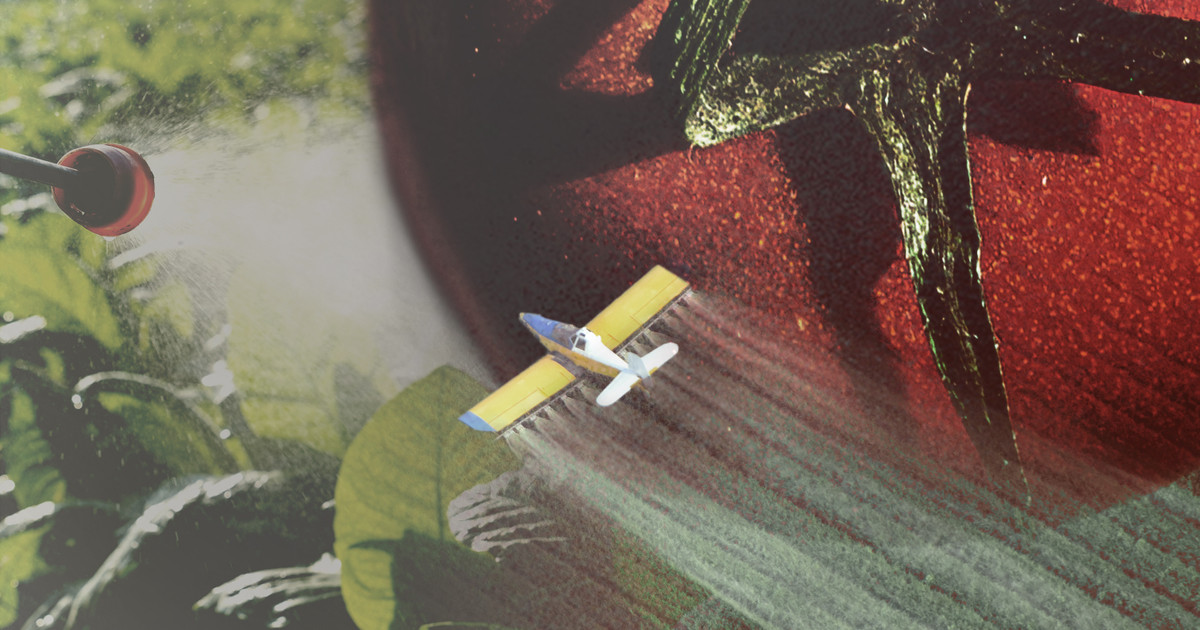- cross-posted to:
- [email protected]
- news
- cross-posted to:
- [email protected]
- news
The Environmental Protection Agency unveiled a proposal this week to ban a controversial pesticide that is widely used on celery, tomatoes and other fruits and vegetables.
The EPA released its plan on Tuesday, nearly a week after a ProPublica investigation revealed the agency had laid out a justification for increasing the amount of acephate allowed on food by removing limits meant to protect children’s developing brains.
But rather than banning the pesticide, as the European Union did more than 20 years ago, the U.S. Environmental Protection Agency recently proposed easing restrictions on acephate.
The federal agency’s assessment lays out a plan that would allow 10 times more acephate on food than is acceptable under the current limits. The proposal was based in large part on the results of a new battery of tests that are performed on disembodied cells rather than whole lab animals. After exposing groups of cells to the pesticide, the agency found “little to no evidence” that acephate and a chemical created when it breaks down in the body harm the developing brain, according to an August 2023 EPA document.



Well, I’m not an expect (curious if you are?), just a layman, so I’ll defer to your opinion on the matter. But I would hope that the changes would be described better by the authorities so that a non-expert/normal/everyday (not anti-vaxer type) person doesn’t get worried about them.
Anti Commercial-AI license (CC BY-NC-SA 4.0)
No, just someone who really dislikes poor reporting on scientific topics.
Quoting portions of an article is not reporting on the subject, it’s just quoting.
Anti Commercial-AI license (CC BY-NC-SA 4.0)